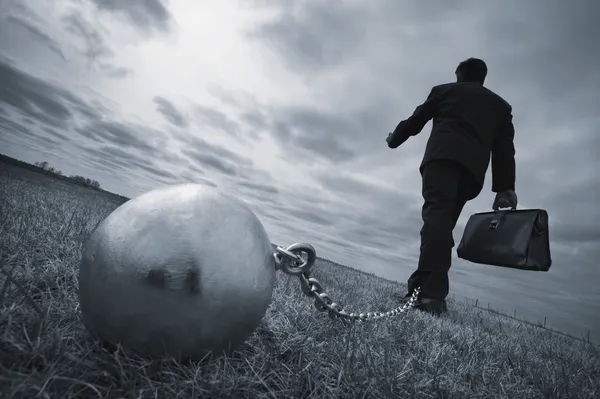Toxic Guilt and How It Works
Toxic Guilt. Human beings often struggle with a pervasive sense of guilt, an emotional burden that can weigh heavily on our minds. However, it is important to understand that this guilt is often rooted in a misunderstanding of our actions and intentions. We tend to over-blame ourselves, taking the blame for circumstances that we simply were not aware of or did not know about. This does not inherently make us bad individuals; rather, it signifies the fallibility and learning curve inherent in the human experience.
Consider a scenario in which a person in their past made a decision that unintentionally harmed someone else. They might replay the situation over and over in their mind, burdened with guilt and self-blame. However, upon closer examination, it becomes apparent that they were acting based on the information and understanding available to them at the time. Their decision was not malicious, but a product of their limited perspective at the time.
Similarly, individuals often bear the blame for relationships that have falter or ended. They might blame themselves for failing to salvage a friendship or maintain a romantic relationship. However, relationships are complex, influenced by numerous variables, and often develop beyond our control. Our actions within these relationships may not have been perfect, but the outcome cannot be attributed solely to personal fault.
The Importance of the Idea “I Am Free”
Furthermore, the expectations we place on ourselves can contribute significantly to this burden of guilt. Society often imposes unrealistic standards, leading us to believe that any deviation from these ideals constitutes moral failure. As a result, we tend to internalize these expectations, harshly judging ourselves when we fall short, even if it was beyond our ability to meet those standards.
Recognizing that our past actions were made with the information, emotional state, and resources available to us at the time allows for a shift in perspective. It is a recognition that growth and learning are ongoing processes. What we might perceive as a mistake or failure from our current perspective was a reflection of our past understanding.
Acceptance does not absolve us of responsibility for our actions, but it allows us to recognize the humanity within ourselves. It allows us to learn from past experiences, fostering personal growth and resilience. By reframing guilt as a signal for reflection and learning rather than a permanent judgment of our character, we can cultivate self-awareness and understanding.
The burden of psychological guilt often stems from misinterpreting our past actions and intentions. Accepting the idea that our decisions were based on our understanding at the time helps to alleviate the weight of excessive self-blame. It is not about denying responsibility, but about offering ourselves the grace to acknowledge our growth and evolution as individuals navigating the complexities of life.

Keywords: toxic guilt, it’s not your fault, guilt, gestalt psychotherapy, somatic experiencing therapy, psychotherapist Zagreb, Licensed therapist near me in Manhattan NYC, Affordable therapy services in New York State, Holistic psychotherapy sessions in NYC, Somatic Experiencing therapy for trauma recovery in New York City, NARM therapy in Brooklyn, Licensed couples therapy in Manhattan, Gestalt therapy near me in NYC, Marriage counseling in Queens NYC, Therapy for anxiety treatment in NYC, Experienced psychotherapist in New York, Licensed psychotherapist near me in NYC, Somatic Experiencing therapy sessions in New York, Trauma therapy and counseling in Manhattan, Gestalt therapy sessions in New York City, Therapy sessions for emotional regulation in New York, Trauma therapy near me in Brooklyn New York, Licensed mental health therapist in Manhattan NYC, Depression therapy in New York, New York City therapist experienced in PTSD treatment
*Photo: GettyImages
*Contact: Make an appointment
*For companies: Creative manager
Family Constellations in One-to-One Work: Exercises and Approaches








